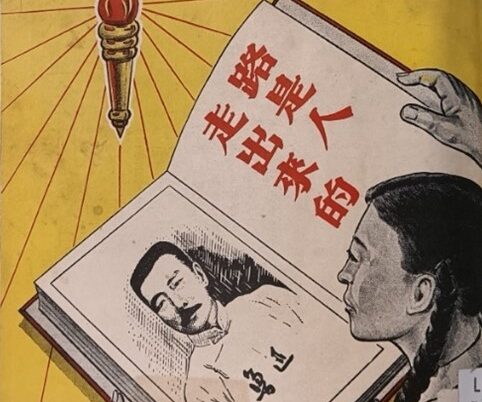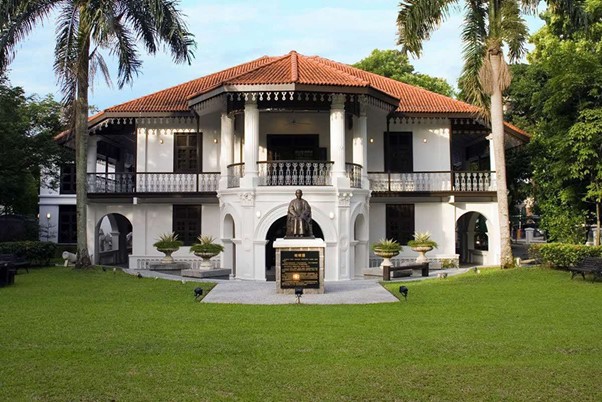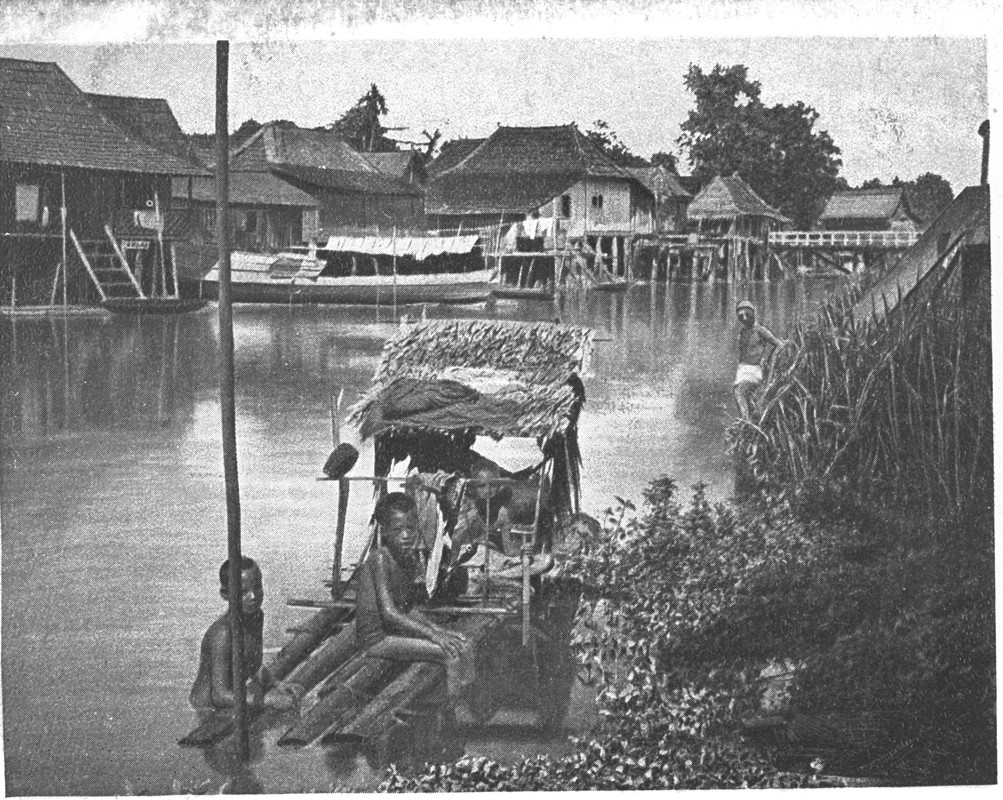Schools founded by Hainanese in Singapore
In Singapore, schools founded by Hainanese people experienced a golden age in the 1950s. In the past, principals of Hainanese schools were all Hainanese. It was not until the 1980s and 1990s that non-Hainanese principals were appointed, after schools like Yock Eng High School (renamed Yuying Secondary School in 1987) and Pei Chun Public School broke the tradition.
During the 1950s and 1960s, a Chinese School Sports Meet was held every year. Prior to that annual event, Hainanese-founded schools would hold a Hainanese School Sports Meet (quanxing qiongxiao yundong hui) at Jalan Besar Stadium, which allowed teachers and students from various Hainanese schools to build relationships with one another. Newspapers also featured special sections that showcased the spirit of unity among Hainanese schools.
Hainanese people placed great emphasis on their children’s education, and have made significant contributions to the fields of public service, education and culture. Many notable Singaporeans are all of Hainanese descent, including Prime Minister Lawrence Wong and scholars such as Wu Teh Yao (1915–1994) and Lim Chong Yah (1932–2023). There are also numerous Hainanese individuals working in Chinese and English media as journalists and reporters.
Many Hainanese forefathers emigrated from their hometowns with limited education and a modest income. However, they aspired to provide their children with ample opportunities for education, hoping to secure a better life for them. As a result, they invested money and effort to establish schools such as Eng Hung School, which was founded with contributions from a group of Hainanese who worked for foreigners living near Tanglin, an affluent district in Singapore.
Evolution of Hainanese schools
In the past, schools established by Hainanese people were distributed across the island. These included Yock Eng School (Yuying Secondary School), Pei Chun Public School, Eng Hung School, Sheng Hwa Public School, Sheng Wah Public School, Wa Mong School, Zhen Qun School, Pen Min School, Pui Tak School, and Han Guang School. These Hainanese schools were typically located in urban areas and would often rent pre-war shophouses as school buildings. Meanwhile, those in rural areas used temples or makeshift stages as classrooms. School facilities were usually quite basic.
As public housing estates emerged rapidly in the 1970s, people started to move into flats. Consequently, the population in rural areas began to decline, leading to low enrolment. Urban and rural Hainanese schools gradually closed down, leaving only Yuying Secondary School (located in Hougang) and Pei Chun Public School (in Toa Payoh).
Yock Eng School (renamed Yock Eng High School in 1949 and Yuying Secondary School in 1987) was founded in the 20th century by seven Hainanese leaders, namely Wee Cheow Keng (1860–1939), Huang Kehui, Yun Changlang, He Yulin, Lu Xiyao, Chen Kaiguo, and Fu Changbin.1 They raised funds tirelessly, eventually establishing Yock Eng School in 1910. It started out as a primary school with less than 20 students. By 1925, the number of students had increased to 400. During the Japanese occupation, the school had to close. Operations resumed in 1946, when a secondary school was added. Following that, a high school was established in 1956.
Yock Eng School relocated several times. It was initially located at Prinsep Street, but moved to Tanjong Katong Road and later to Hougang. In 1957, it officially became a government-aided school.


Pei Chun Public School is a Special Assistance School. It was selected as the South Zone Centre of Excellence for Chinese Studies and the South Zone Centre of Excellence for Sports. Since its establishment in 1933, it went through several relocations, moving from its initial location at 83 Tanglin Road to Orchard Road, then Anderson Road and Balmoral Road. After that, it shifted to its current location in Toa Payoh.
This is an edited and translated version of 新加坡海南人的学校. Click here to read original piece.
| 1 | The birth and death years of several local leaders are unknown. |
“Yuying xuexiao choujian xiaoshe zhi jingguo yu fazhan” [The establishment and development of Yock Eng School]. The Singapore Hainan Hwee Kuan website. | |
Tang, Ai Wei. Maodie xiaoyou lianhe chuban, xinghua xiaoyou ban tekan banshiji qingyi liu yongheng [Alumni of Sheng Hwa Public School in their 80s to 90s launched a publication to document half a century of relations]. Lianhe Zaobao, 26 July 2021. | |
“Pei Chun Public School”. MOE Heritage Centre. | |
“Yuying Secondary School”. MOE Heritage Centre. |










